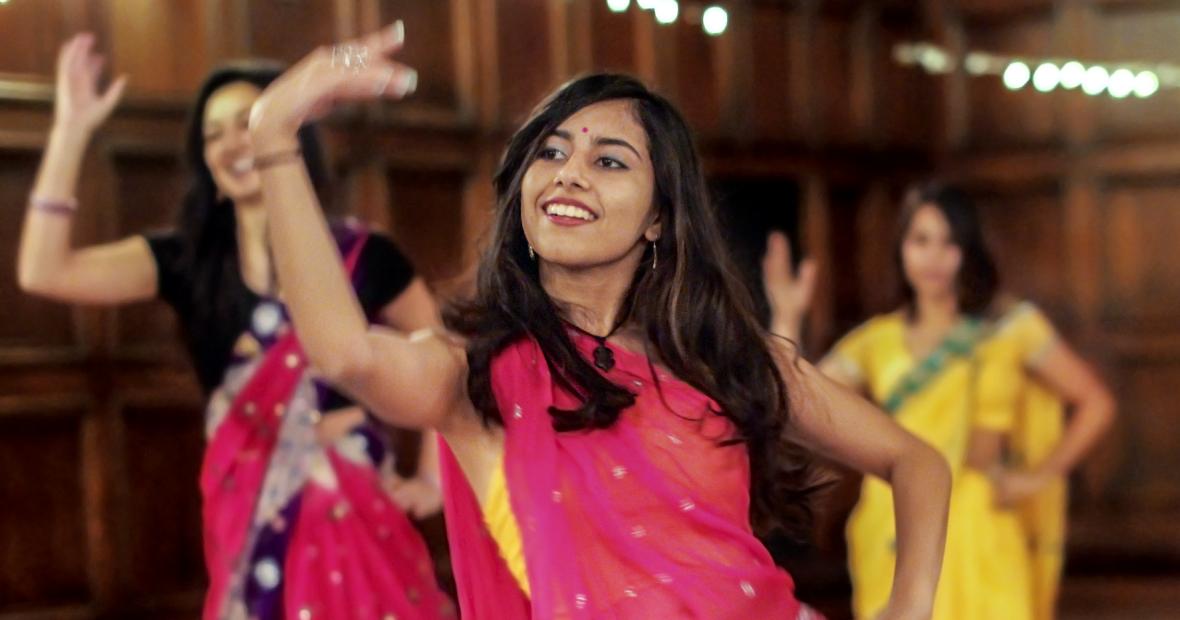Religion and Spirituality
“Grinnell has made the commitment to serve diverse religious groups and help them practice and celebrate,” says Deanna Shorb, dean of religious life and college chaplain. She hopes that students take the opportunity when they’re in college, and part of a community that is simultaneously very diverse and very similar, to learn about others’ beliefs.
Students can learn more about their own religion by experiencing or learning about someone else’s. “If we embrace all the diversity here, including religious diversity, we can see what a unique educational opportunity we offer in and outside the classroom,” says Shorb. “I want Grinnell to have the most global and diverse chaplaincy possible.”
Grinnell was founded as a Congregationalist college in 1846, but today it has no institutional religious affiliation. “People tend to perceive Grinnell as a secular place because it’s not a religiously affiliated school,” Shorb says.
Shorb oversees Grinnell’s Center for Religion, Spirituality, and Social Justice (CRSSJ), which serves all students on campus. It is home to Muslim and Hindu prayer rooms as well as a communal space used for meditation. “We worked with Deanna to make the space in the CRSSJ our own,” says Mari Holmes ’17, a leader of the Muslim Student Association.
All of the 12 currently active and established religious groups are welcome to use the CRSSJ. All students have access every day from 8 a.m. to midnight. Students can get 24-hour access to the building by request.
To meet the needs of religious students, Shorb arranges for religious leaders to come to campus and students to go out of town to travel to mosques, temples, and other places of worship. “Deanna Shorb and Stacey Cannon have helped me organize brunches and other events for students,” says Greg Garcia ’17, the leader of the Catholic Student Association. If students’ spiritual needs can be met by a church in town, Shorb also helps them find the best fit.
Every year as the student body changes, so does the makeup of the religious groups — some of the groups may be dissolved or reformed, depending on student interest. Even though there are many religious groups on campus, some students may not find the one that’s right for them. Students who wish to establish their own group can register with the Student Government Association. It only takes two people, and once registered, groups get an official college email address and can request funding from SGA.
Some religious events are campuswide celebrations. Holi, the Hindu festival of colors, and Diwali, the Hindu festival of lights, are enjoyed by students of all faiths. And this year’s Eid al-Adha dinner was one of the best attended in the College’s history. More than 100 people came, including State Representative Ako Abdul-Samad. Most groups encourage people of different faiths to join them or come to an event they host and learn more about them.

